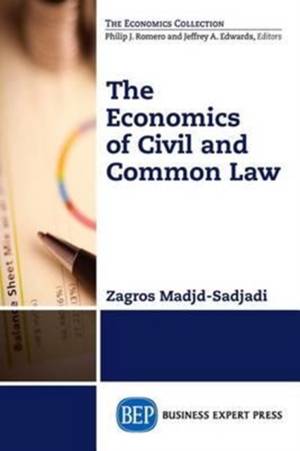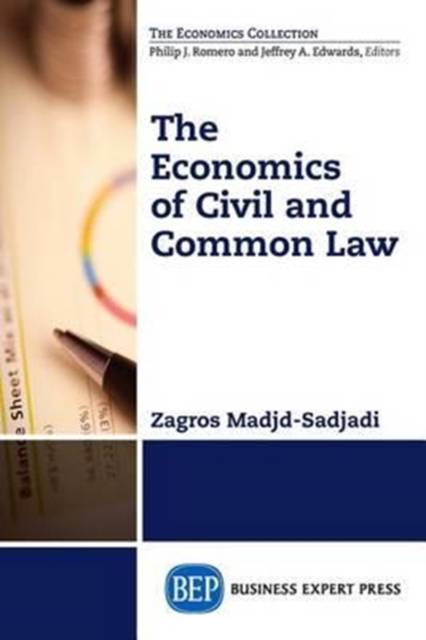
- Afhalen na 1 uur in een winkel met voorraad
- Gratis thuislevering in België vanaf € 30
- Ruim aanbod met 7 miljoen producten
- Afhalen na 1 uur in een winkel met voorraad
- Gratis thuislevering in België vanaf € 30
- Ruim aanbod met 7 miljoen producten
Zoeken
Omschrijving
Law is supposed to encourage innovation, morality, and conformity with societal expectations, yet it may provides perverse incentives causing individuals, or even the State, to act in discordant, inefficient, and even immoral ways. This book will explore the inefficiencies that are created that serve to deny individuals work and shelter in a haphazard and capricious manner. The author examines property rights, including eminent domain, that lets the State take property away with seemingly arbitrary compensation to the owner. Individuals must understand both civil law, codified by statutes, and common law, enshrined in precedential judicial decisions. This book is written for economists and non-economists and has an extensive glossary of economic, political and legal terms. Two items that are not formally treated in other economics of law textbooks are the legal organization of businesses and tax law from an economics perspective.
Specificaties
Betrokkenen
- Auteur(s):
- Uitgeverij:
Inhoud
- Aantal bladzijden:
- 210
- Taal:
- Engels
Eigenschappen
- Productcode (EAN):
- 9781606495841
- Verschijningsdatum:
- 20/11/2015
- Uitvoering:
- Paperback
- Formaat:
- Trade paperback (VS)
- Afmetingen:
- 152 mm x 229 mm
- Gewicht:
- 290 g

Alleen bij Standaard Boekhandel
+ 61 punten op je klantenkaart van Standaard Boekhandel
Beoordelingen
We publiceren alleen reviews die voldoen aan de voorwaarden voor reviews. Bekijk onze voorwaarden voor reviews.







